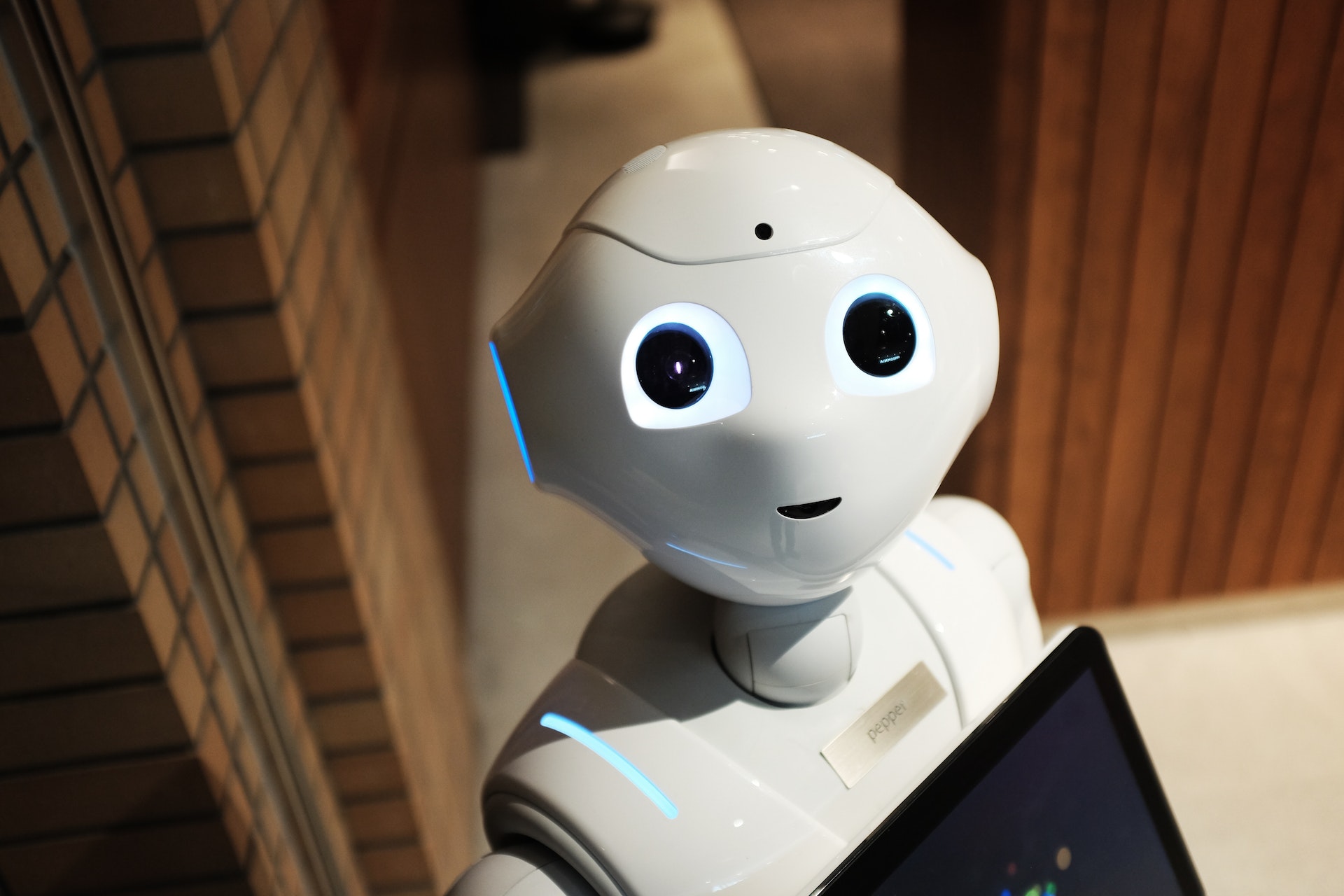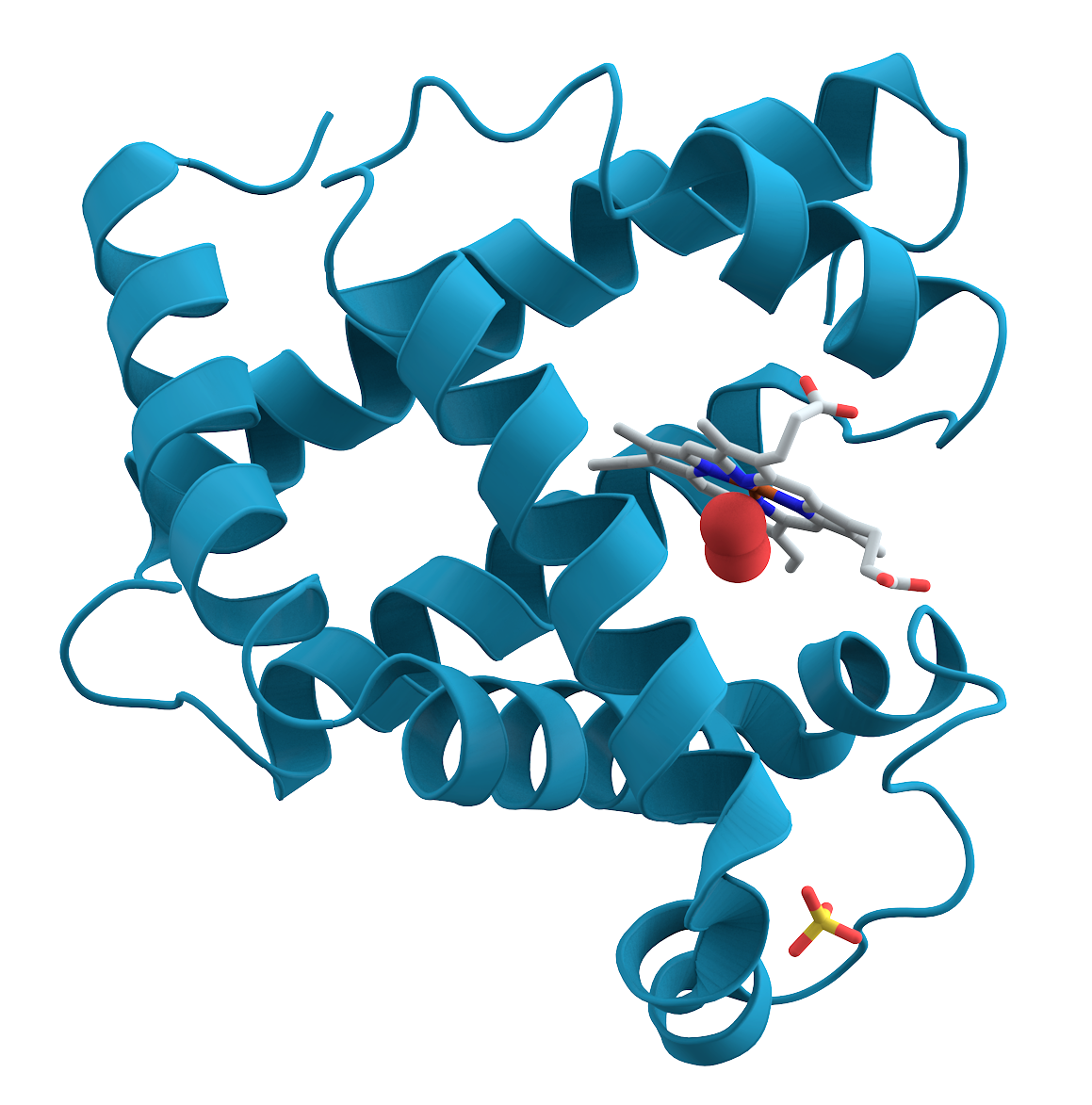-
The positronic brain
Alan Stevenson | May 25, 2023Eighty years after American science fiction writer Isaac Asimov coined the term in his early ‘Robot’ stories, new advances in nanowires are bringing the concept of a self-organising artificial brain closer to reality.
-
Extraordinary enzymes
Alan Stevenson | April 30, 2023Enzymes are proteins which act as biological catalysts in the cells of living things and accelerate the chemical reactions required to sustain life. Discovered and defined in the 19th century, they are now being harnessed by 21st century scientists in a host of ways in industry and the environment.
-
On homophily
Alan Stevenson | April 22, 2023Homophily – the natural tendency of people to associate with others who are similar to themselves – is a powerful factor in the tendency of online networks to confirm rather than challenge the participants beliefs.
-
A short history of artificial neural networks
Alan Stevenson | April 12, 2023Artificial neural networks are machine learning algorithms inspired by the biological structure and function of the human brain and may soon outstrip it in terms of intelligence and even creativity.
-
Making the most of ChatGPT
Alan Stevenson | April 11, 2023AI technology such as ChatGPT is here to stay and we should make the most of its ability to enhance human creativity and scientific discovery and lower barriers to learning, while remaining mindful of its potential misuse and downsides.
-
A world of women
Alan Stevenson | March 28, 2023The current debate about gender roles and identity in modern society has deep historical roots, with numerous societies around the world proving that other ways of imagining human hierarchies are not only possible but productive.
-
Fact and fiction
Alan Stevenson | March 14, 2023Any large human corporation, be it state, church or tribe is rooted in common myths which exist only in our collective imaginations.
-
Uncertain premises
Alan Stevenson | March 9, 2023Science is a process, rather than a body of knowledge, and the progress of knowledge means that many ideas which were once taught as facts have proven incomplete or entirely fallacious.
-
Placebo health
Alan Stevenson | March 6, 2023New research into the elusive ‘placebo’ effect suggests we have more control over our bodies than was previously thought – maybe faith can indeed move mountains.
-
The curious case of the Chinese spy balloon
Alan Stevenson | February 14, 2023The incursion of a Chinese spy balloon into United States’ airspace, and revelations that this incident is by no means a one off, have dominated the headlines, so why is China still protesting its innocence in the affair?
-
Concrete jungle
Alan Stevenson | February 5, 2023Concrete is the second most used substance after water, but the high energy and emission toll of turning limestone into cement is encouraging the use of substitute ingredients in the mix.
-
The search for life
Alan Stevenson | February 3, 2023Technological advances are improving our ability to detect signs of alien intelligence in the universe, but would we be able to recognise it if we found it?













